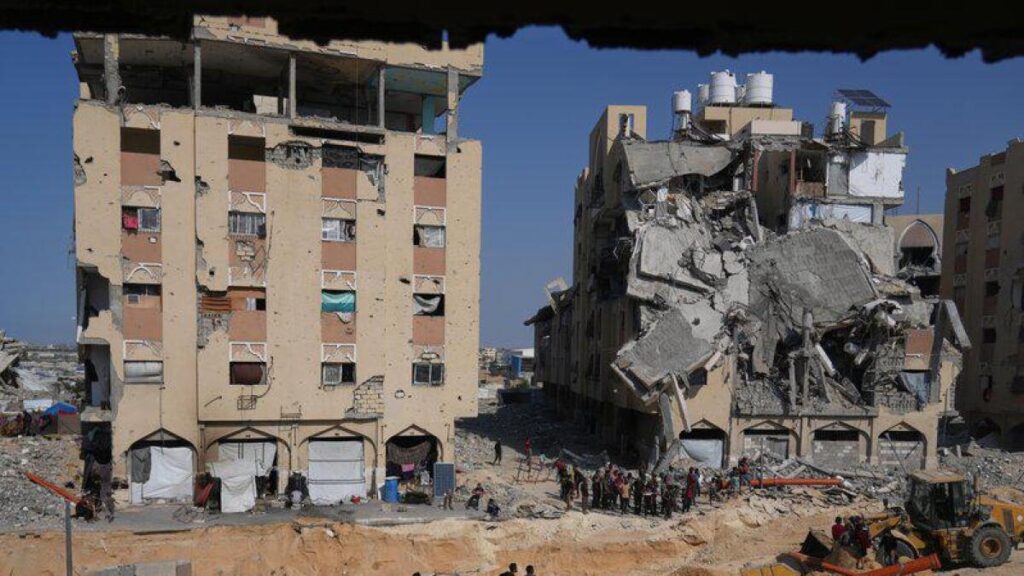
The Gaza-Egypt border crossing at Rafah will remain closed as tensions escalate between the Israeli government and Hamas over alleged violations of a US-mediated ceasefire. The US State Department reported receiving “credible reports” suggesting that Hamas may breach the ceasefire agreement. In a statement released on Saturday, the department indicated that should Hamas proceed with any attacks, measures would be implemented to protect the people of Gaza and maintain the ceasefire’s integrity.
In response, Hamas denied claims of an “imminent attack” or any breach of the ceasefire. The group has accused Israeli authorities of supporting “criminal gangs” responsible for violence and looting in Gaza, asserting that local police forces are actively pursuing these gangs to ensure accountability. “The movement calls on the US administration to stop repeating the occupation’s misleading narrative,” Hamas stated.
US President Donald Trump has indicated a willingness to allow Israeli forces to resume military action in Gaza if Hamas fails to adhere to the ceasefire conditions he negotiated. Hamas characterized Netanyahu’s recent decisions as a “blatant violation” of the ceasefire agreement and a rejection of commitments made to mediators.
The ongoing closure of the Rafah crossing hinders the entry of essential equipment necessary for locating the remains of hostages still believed to be under the rubble in Gaza. Hamas has reported that the continued blockade would delay the recovery and handover of these remains. As of late Saturday, Israel reported receiving two additional bodies, bringing the total to 12 out of 28 bodies transferred under the recent ceasefire deal.
This conflict has resulted in a severe humanitarian crisis in Gaza, with nearly all residents displaced from their homes. The IPC Global Hunger Monitor has confirmed that famine conditions prevail in the region, and local health authorities are overwhelmed. The disputes regarding the return of deceased hostages and the shipment of humanitarian aid highlight the fragile nature of the ceasefire and its potential to unravel.
Under the terms of the ceasefire agreement, Hamas released all 20 living Israeli hostages it had held for two years in exchange for nearly 2,000 Palestinian detainees. However, Israel has expressed concerns that Hamas has been slow in transferring the bodies of deceased hostages. Hamas has stated that the devastation in Gaza complicates the retrieval of these bodies.
The ceasefire arrangement includes the return of 360 bodies of Palestinian militants in exchange for the deceased Israeli hostages. To date, Israel has returned 15 bodies for each Israeli body received. The Rafah crossing has been largely closed since May 2024, exacerbating the humanitarian situation.
The ceasefire also entails a significant increase in humanitarian aid to Gaza. The UN World Food Programme reported that approximately 560 metric tonnes of food have entered Gaza daily since the US-brokered truce, although this volume remains insufficient to meet the extensive needs of the population. Following a complete supply cutoff that lasted 11 weeks earlier this year, aid deliveries have intensified since July, but the scale of assistance is still below what is required.
As negotiations continue, the humanitarian situation in Gaza remains critical, pressing the international community to address both immediate and long-term needs.






